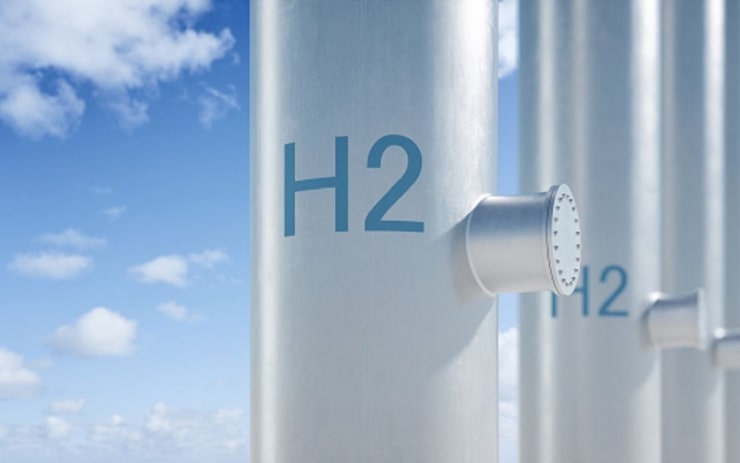
Green hydrogen is a promising renewable energy source that has gained increasing attention in recent years. Unlike traditional hydrogen production methods, green hydrogen is produced using renewable energy sources, such as wind or solar power, making it a more environmentally friendly alternative. However, before investing in green hydrogen production, it’s crucial to conduct a feasibility study to assess the viability of the project.
A feasibility study is a preliminary analysis conducted to determine whether a project is practical, feasible, and worth pursuing. The study involves analyzing various aspects of the project, such as technical, economic, financial, legal, and operational feasibility.
- Technical Feasibility: This factor evaluates whether the technology required for green hydrogen production is readily available and whether it can be integrated into existing systems. It considers factors such as the availability of renewable energy sources, the efficiency of the production process, and the potential for scalability.
- Economic Feasibility: This factor considers the cost of producing green hydrogen compared to traditional hydrogen production methods. It involves analysing the market demand for green hydrogen, the potential competition, and revenue projections.
- Financial Feasibility: This factor evaluates whether the project can be funded within available resources or whether external funding may be required. It considers the cost of resources such as renewable energy sources, labour, equipment, and facilities.
- Legal Feasibility: This factor examines whether the project can be implemented while complying with relevant laws and regulations. It involves assessing any potential legal barriers to the project, such as permits, licenses, or zoning requirements.
- Operational Feasibility: This factor considers whether the project is operationally feasible and can be successfully implemented within existing systems, processes, and resources of the organization.
By conducting a feasibility study for green hydrogen production, you can identify potential issues, risks, and opportunities associated with the project, allowing you to make informed decisions about whether to proceed with the project or not. Additionally, the feasibility study can help you refine the project plan and identify areas that require further analysis.
Green hydrogen is a promising renewable energy source that can significantly reduce carbon emissions. However, before investing in green hydrogen production, it’s essential to conduct a feasibility study to assess the project’s viability. By considering all feasibility factors, you can increase your chances of success and make well-informed decisions about your next renewable energy project. For More Information Green Hydrogen and Electrolysis Consultancy Services – globeinspections.com